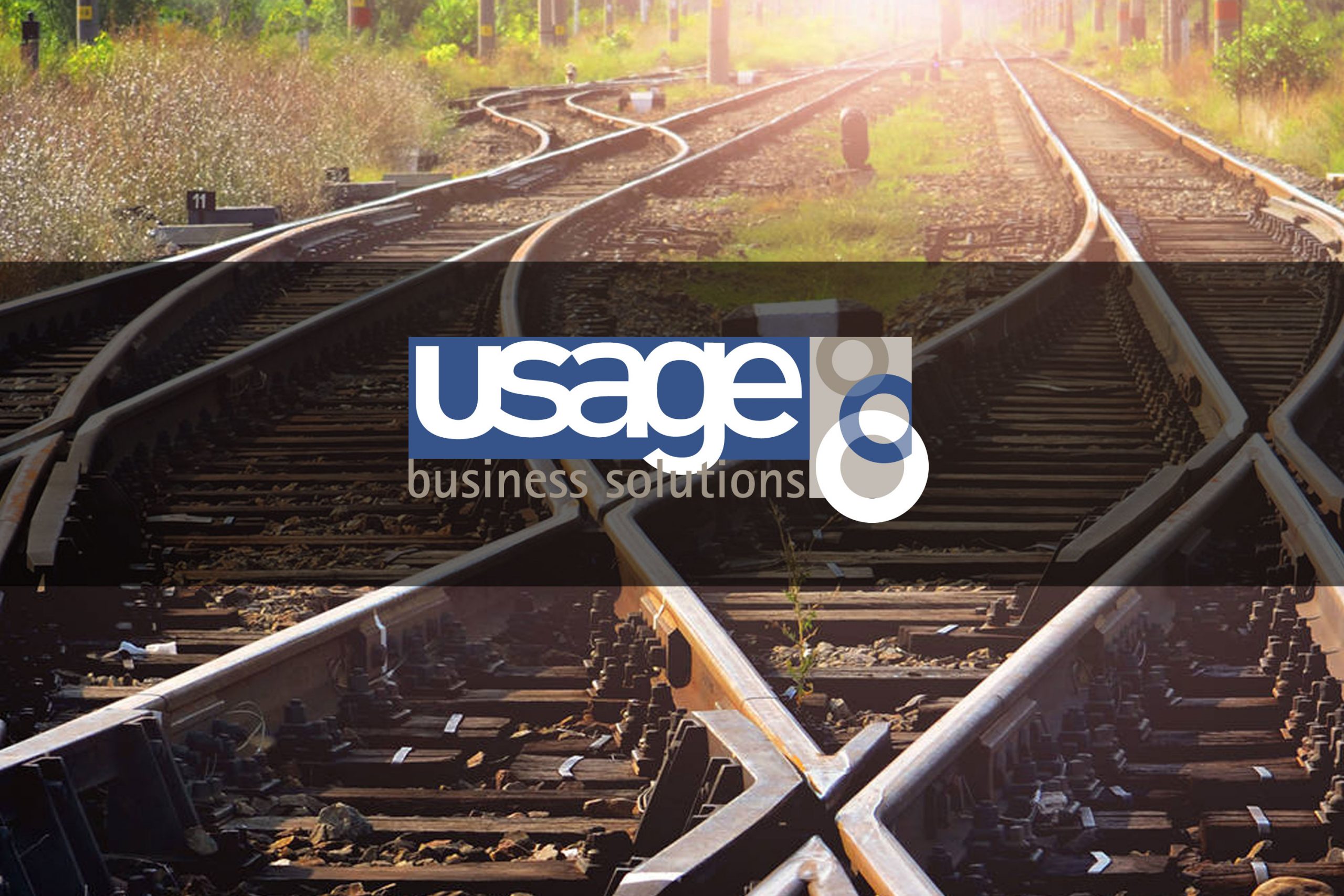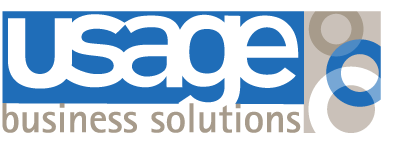If many applications provide the outline for functional requirements, what should small business owners look for when selecting the right accounting software? Two factors must be considered: Product plus Vendor.
The product does not necessarily create the best solution, it’s the Vendor’s expertise and experience that will provide a solution to your requirements. Your relationship should be viewed as an ongoing partnership – bringing your business ideas to life and helping you to revolutionise the way you do business.
Motivating factors for changing or upgrading
The principal motivation for changing or upgrading financial software is the ability to adapt to changes in the company’s business processes and procedures.
Next is the need to provide greater integration with other operational systems. For finance departments: reporting and analysis is currently very much ‘top of mind’.
As we experience a prolonged period of economic uncertainty, the need for financial information to enable better management decision making becomes even more pressing. Improving reporting systems, and providing the necessary management information to help direct the business through difficult times represents a continual challenge.
Invest now, despite the current business climate
As the ‘credit crunch’ continues to unfold, many businesses try to reduce costs as much as possible. There is clearly a business need to change or upgrade financial systems, but how can businesses justify changing or upgrading software right now? A good accounting system is important for small businesses in the good times in order to manage your business effectively, but it definitely is a ‘must-have’ in bad times since it can provide the competitive advantage necessary to improve business processes and reduce costs.
What do businesses do in a recession?
- Scrutinize every purchase with a business case: is it needed now or in future?;
- Make decisions by consensus rather than individually;
- Become more risk adverse and do business with known vendors they trust;
- Require a positive Return on Investment (ROI) – to save costs or to make more profits, or both.
Buying the right accounts software will tick all of these boxes. Doing it now will help your business gain a competitive advantage. Since there has been a consolidation in the marketplace, accounts software is predominantly sold by large, stable business software providers with trusted brands. These providers produce accounts software that saves you time as well as delivering a quick ROI, allowing you to get on with what you do best – running your business.
Businesses don’t stop spending in a recession, they are just more careful and justify everything. Business intelligence gained through the best accounting software should be seen as a ‘must-have’ purchase to keep your business healthy.
What should you look for when selecting the right software?
Here are some questions you should ask of your potential suppliers. Questions around support, pedigree and innovation will provide you with the confidence to select a supplier and product that becomes a long-term partner to your business that will add real value.
Does the software have a simple, easy to use interface?
Software needs to be intuitive and deliver a great user experience for all types of user, making everyone more productive.
Will you get powerful ‘out-of-the-box’ functionality, but also flexibility to deliver unique needs?
Software needs to have a strong core framework of accounting functionality that delivers over 80% of business requirements without the need for development work, but can be configured to deliver the remaining 20% that is specific to your particular processes, for now and the future.
Will the software be able to deliver benefits quickly to maintain momentum with your people and provide a rapid return
on your investment (ROI)?
on your investment (ROI)?
Software needs to be easy to learn, allowing your staff to be productive very quickly. Migration of data from earlier versions or other accounting software should be simple and straightforward. And training should to be appropriate to your needs.
Is it flexible enough to integrate seamlessly with the other software you use?
Using bespoke or best-of-breed software that works independently of each other means you have to spend time importing data or entering it manually. Integration of all your business software will save time and reduce errors.
Does the vendor actively encourage feedback from customers for future releases?
Software development needs to be in tune with user requirements, gained from continual feedback. The more customers a vendor has, the more comprehensive the quality and quantity of suggestions for future releases will be.
Does it give you the reassurance that it will still be the right product for you in the future?
You need to know that as your business needs change, your chosen accounting software will grow with you, negating the need to retrain your users and migrate data onto a new system.
Does the vendor have a large installed base of customers in your market?
Software needs to provide you with the confidence that it will deliver what it promises, with case studies in your market that provide evidence of the benefits you would get by implementing it.
Does it have the backing of a financially stable company?
You want to know that your software provider will be with you for the long term and that significant amounts of money are being invested in R&D (research and development).
Is the vendor committed to supporting its customers directly and through a network of business partners, accountants and developers?
Software should be available through a wide range of communities providing installation, customisation, support and training at a local level. More than two-thirds of people stop buying from businesses because of poor customer service. The ability of the vendor to understand your business and be able to deliver that support when and where you need it (by phone, email, and web), is paramount.
How does the vendor demonstrate innovation and agility?
Software needs to constantly keep pace with changing legislation, new technology and the economy.
Sage is a leading supplier of business management software and services to 5.8 million customers worldwide. From small start-ups to larger organisations, Sage makes it easier for companies to manage their finances, people and customers. Their purpose is to help customers run their businesses more effectively, helping them to gain greater insight into their business activities and providing them with lasting benefits by automating their business processes.
With global strength and local focus, their direct coverage in 26 countries and global network of over 30,000 Sage-certified business partners and accountants provides unparalleled business software and services expertise.
Usage Business Solutions represents Sage Pastel, a leading developer of business management, accounting and ERP software solutions. As the only CDP (Channel Development Partner) in Australia, New Zealand, Malaysia and Indonesia, our role is to build a channel of Resellers & Business Partners by providing them with support, consulting, lead generation and training.
Usage is the only Sage Pastel Distributor maintaining a research and development (R&D) operating procedure with the development house. Customers play a vital part by logging their suggestions for enhancements in future releases with their reseller.



